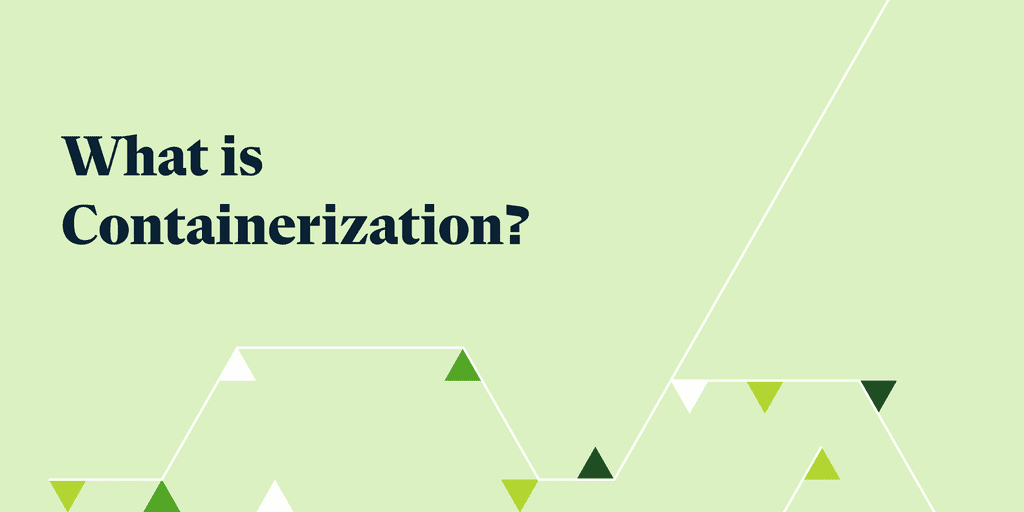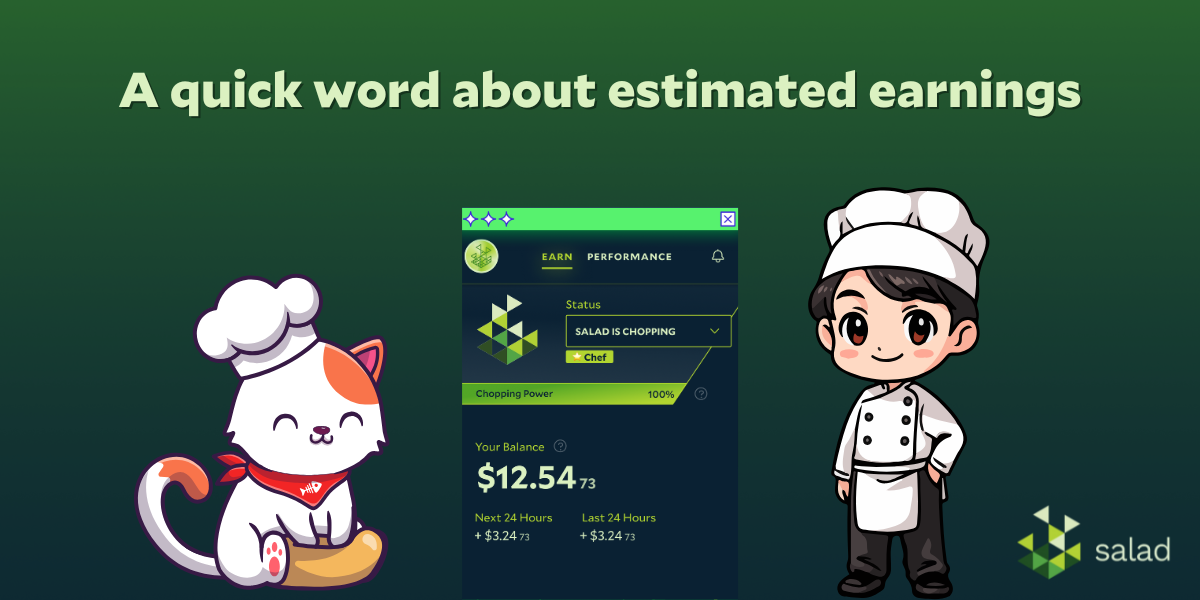Containerization technology permits software developers to package programs, data, and dependencies—all the libraries and toolkits necessary to do the job—into a convenient and portable format (called a container image) that can be deployed to nearly any computer, cloud server, or virtualized environment.
These special package files also contain the rules and instructions the software programs will need to execute in a predictable, replicable, and immutable way.
Containers vs. Virtual Machines
Many modern software developers have embraced containerization as a secure and straightforward approach to cloud development. Since container images require a clear separation of concerns between application code and deployment configurations, DevOps teams don’t have to worry as much about compatibility issues, and engineers can focus on keeping all the squiggly brackets in line.
Unlike virtual machines, containers do not need to run a guest operating system on every instance, or create virtual copies of the underlying hardware resources necessary to run one.
Instead, containerized applications execute as lightweight processes with shared access to the features and resources of their host operating systems. They also virtualize machine resources (e.g., processing cycles, storage, or memory) at the operating-system level, which logically isolates those processes from other applications running in the same environment.
Because of this distinction, containers trivialize the development burden associated with switching to new hardware—whether it’s a physical machine or a cloud server.
Salad Container Engine (SCE)
Containerized applications deployed on our network are distributed as environment-agnostic workloads to machines running the Salad desktop app. Our client-side software isolates and secures containerized applications within virtual environments on its host machine.
Salad Container Engine (SCE) offers real companies a convenient way to distribute computer applications across a decentralized network that’s powered by passion—and pay private individuals directly for the shared computational resources of their home PCs.
Learn more about Salad Container Engine and related topics:



